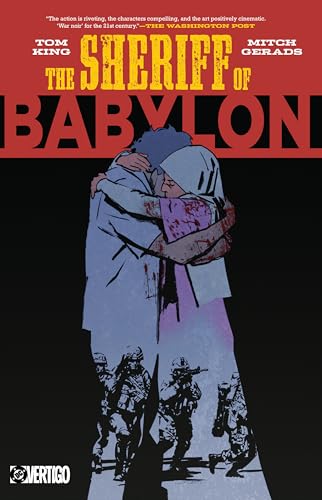
The Marines, Counterinsurgency, and Strategic Culture
by Jeannie L. Johnson
"Lessons Learned and Lost in America's Wars"
Popularity
3.77 / 5
* A book's popularity is determined by how it compares to all other books on this website.
Where to buy?
Buy from Amazon* If you buy this book through the link above, we may receive a small commission at no extra cost to you.
The Marines, Counterinsurgency, and Strategic Culture by Jeannie L. Johnson
Details
War:
War on Terror
Perspective:
Commanders
Military Unit:
US Marine Corps
True Story:
Yes
Biography:
No
Region:
Middle East
Page Count:
324
Published Date:
2018
ISBN13:
9781626165564
Description
Brief Summary
The Marines, Counterinsurgency, and Strategic Culture by Jeannie L. Johnson is a comprehensive exploration of the US Marine Corps' experiences with counterinsurgency throughout its history. Johnson delves into the complexities of strategic culture and organizational learning, revealing the challenges faced by the Marine Corps despite its reputation for innovation. Through a detailed analysis, she illustrates how both internal and external factors have historically impacted the Corps' ability to adapt and learn effectively from past conflicts.
Main Themes and Topics
One of the primary themes of the book is the concept of strategic culture and its influence on military operations. Johnson offers an in-depth look at the unique identity and values of the US Marine Corps, which shape its approach to warfare, particularly counterinsurgency. She discusses the enduring norms and perceptual lenses that define the Corps and examines how these elements can both facilitate and hinder learning from previous engagements.
Another significant topic is the historical perspective on the Marine Corps' involvement in counterinsurgency campaigns from the early twentieth century to the Iraq War. Johnson provides a narrative that highlights the cyclical nature of learning and adaptation within the Corps, shedding light on the institutional challenges that persist despite the Corps' self-awareness and commitment to innovation.
Writing Style and Tone
Jeannie L. Johnson's writing style is precise and analytical, effectively blending detailed historical accounts with theoretical insights. Her tone is objective and scholarly, which reinforces the book’s credibility while maintaining engagement with the reader. Johnson's methodical approach allows readers to grasp complex concepts related to strategic culture and organizational behavior within the context of military history.
Criticism
Some readers might find the book's analytical depth to be dense, particularly those without a background in military studies or strategic culture. The extensive use of theoretical frameworks could potentially overwhelm readers who are looking for a more straightforward historical account. Nevertheless, for those interested in a comprehensive analysis, Johnson offers a rewarding exploration of the topics at hand.









